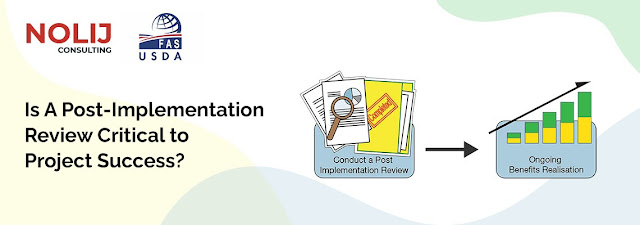Sim Swapping: It’s Not as Fun as It Sounds: Nolij Consutling
Cybercrime is swelling at a terrible rate. In future days cybersecurity must be smarter since new liabilities mean new prospects, and it continues to dominate IT news, with one of the industry’s premier cybersecurity service companies. A wide range of authentication solutions starting from short message service (SMS), two-factor authentication (2FA) to multifactor authentication (MFA) can protect an organization from various cyber-attacks.
2FA and MFA have proven to be two effective methods to prevent breaches while maintaining industry and government standards. There are multiple factors to consider with all cybersecurity options, decisions are based on a risk analysis. Authentication “factors” are divided into three types of information the user provides - Something they know (username and password), Something they are (biometrics) and Something they have (a hardware token). If two of these factors (2FA) are used, it makes for a strong protocol, and if all the three factors (MFA) are used, the greatest protection is achieved.
While implementing the MFA, SMS based options are very attractive, simple execution, and low cost as SMS is standardized across the telecom industry and used by anyone with a smartphone, therefore sending a one-time password (OTP) to the particular user’s cell phone.
Nowadays, SIM cards are represented via digital platforms and can be transferred from one phone to another. By using a combination of social engineering and phishing attacks, an opponent can imitate a user’s SIM card and authenticate using the texted OTP.
An adversary will steal a session token by intercepting communications from the victim, known as a Man-in-the-Middle (MITM) attack. Understanding how challengers will often use the path, phishing and social engineering are the greatest risk to SMS 2FA. Simply by knowing the target’s cell phone number, email, an attacker can call the victim’s service provider and transfer the target’s SIM information to their device.
Nolij, the federal cybersecurity and infrastructure security agency, helps organizations prevent these cyberattacks by explaining how these tactics are used, what protections needed to ease these attacks, and by providing constant phishing exercise to staff. The best exercise to reducing any SMS swapping attacks is not to comprise a cell phone used for verification messages in the email signature block. If invaders do not know your number, they cannot imitate you.




Comments
Post a Comment